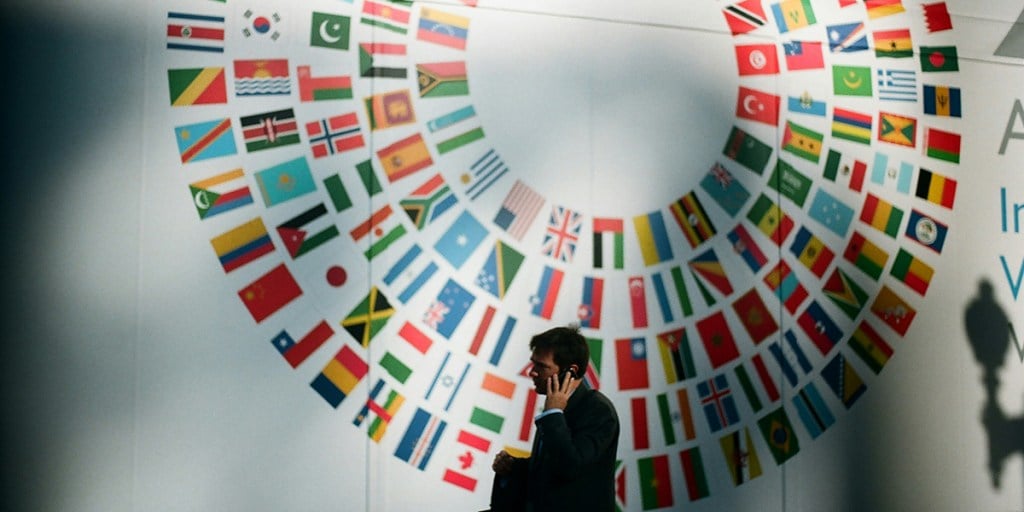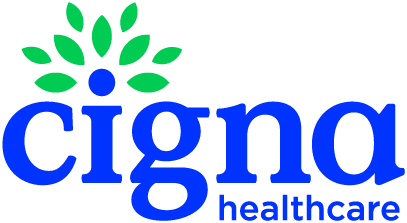In Times of Change, Health Drives Global Impact
As international organisations face pressure to reform, mission success depends on the wellbeing of the people who deliver it

By Sébastien Haslé, CEO, International Organisations Health at Cigna Healthcare
The world around us is changing at an unprecedented rate. Organisations need to show a great deal of transformational leadership to adapt quickly, at the risk of becoming obsolete.
Global healthcare costs are outpacing economic growth, and inflation is squeezing budgets across sectors. The challenges facing international organisations are particularly acute: geopolitical shifts, funding constraints and policy reforms are reshaping their global mandate. The UN’s push to “do more with less” is emblematic of a broader trend. Many other organisations also face a unique balancing act: upkeeping their duty of care to staff while ensuring financial sustainability.
In this environment, it would be tempting to treat healthcare benefits as expendable, but that would be a mistake. After two decades working with international organisations, I’ve witnessed firsthand how cutting corners on staff wellbeing can yield short-term savings, but undermine long-term effectiveness.
Healthcare is not just a cost. It’s an investment in future resilience. When organisations properly support the wellbeing of their staff, they reinforce their ability to weather crises and deliver on their missions, especially in turbulent times.
Disruption creates challenges, but also space for innovative solutions. Now more than ever, we need to fundamentally reframe healthcare as an enabler of global impact.
This perspective shaped the conversations at the Health Forum at UNGA80 on September 24, where I had the honour of participating alongside Catherine Pollard, UN Under Secretary General, and Ambassador Christopher Kirigua, Deputy Chief of Mission, Embassy of Kenya. Our discussions focused on how continuity of care, mental health support, and preventative care can help international organizations navigate change while protecting their most valuable asset: their people.
Measuring what matters
Traditional budget metrics fail to capture the full impact of investments in healthcare if they focus too narrowly on budgetary impact rather than long-term returns. We need a framework that links workplace wellbeing directly to mission outcomes. OECD research shows that disease management programmes targeting chronic conditions like cardiovascular and musculoskeletal disorders lead to healthier people and a positive economic return of up to US$4 for every US$1 invested.
We also know that health is not just about physical symptoms.
Mental health is especially critical. In our work with multilateral organisations, we’ve seen how stress, anxiety, and burnout erode productivity and morale. According to Cigna Healthcare International Health Study, 71% of respondents reported feeling stressed, leaving them vulnerable to anxiety, depression, and burnout. United Nations data reveals that 40% of disability benefits granted to UN staff over the past two decades were due to mental health conditions, compared to just 10% in other institutional settings.
As reform efforts accelerate, staff will adapt to new functions and adjust to unfamiliar environments – all factors that correlate with heightened mental health challenges. The World Health Organization estimates that anxiety and depression already cost the global economy over US$1 trillion each year. Yet, economic modelling shows that evidence-based mental health programmes can generate a return of US$2 to US$4 for every US$1 invested.
These are not just numbers on a page. They reflect real opportunity to preserve the commitment of international staff to deliver on their missions as they navigate uncertainty.
Partnering for resilience
At Cigna Healthcare, we help international organizations frame healthcare investment as a foundation for the success of their mission. And we start by better understanding how costs can be contained and resources optimized, without compromising on access and quality of care.
Our consultative guidance approach combines data analytics with clinical expertise. That’s how we have been able to identify and anticipate significant trends, such as the doubling of mental health claims we have observed since 2021.
That’s also how we can better understand regional variations in healthcare and disparities in resource utilisation, so that we can design more equitable contribution models across different duty stations.
Most importantly, that’s how we are able to continuously adapt to structural changes, changing demographics, and evolving spending patterns.
Resilient institutions begin with resilient people. With over 60 years of experience serving the sector, our mission stands still: to ensure that they can continue to drive impact even as their organisations transform. We are here to help leaders make decisions that will stand the test of time.
But the challenge is complex, and we can’t do it alone. Progress requires partnership, sharing expertise, and innovating together. The path forward lies in the collective understanding that organisations are strongest when they invest in their most valuable asset: their people.
Join us in redefining what it means to invest in health as the foundation of mission success and global impact. Let’s build a culture where wellbeing is prioritised and the organisation thrives because its people do. Will you lead the way?

Find out more and contact us through: https://www.cignaglobal.com
